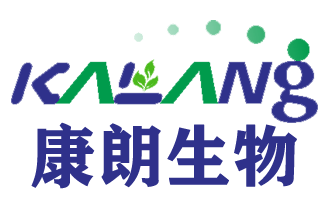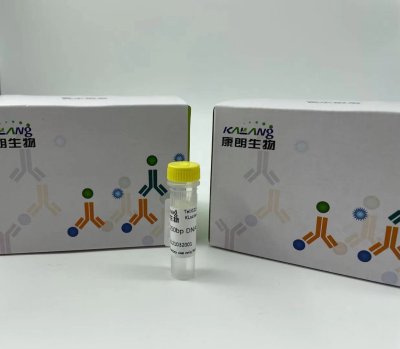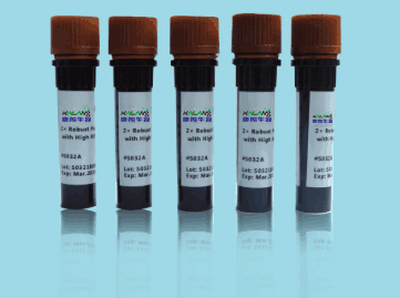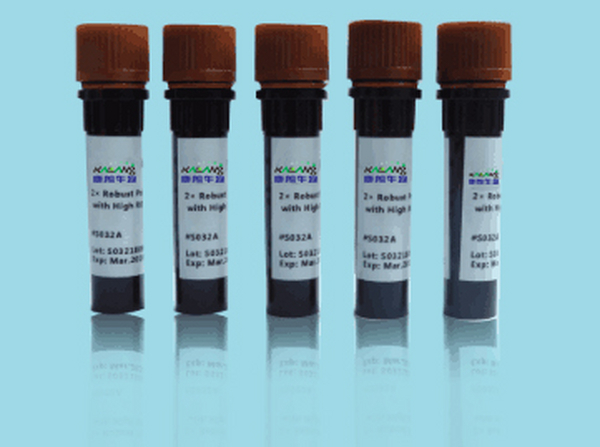QQ:3002763590


客服电话:021-61998208
Anti FBP1 polyclonal antibody
FBP1抗体
Anti FBP1 polyclonal antibodyFBP1(Fructose-1,6-bisphosphatase 1) is also named as FBP and belongs to the FBPase class 1 family. It catalyzes the hydrolysis of fructose-1,6 bisphosphate to fructose-6-phosphate and inorganic phosphate. This reaction is an important regulatory site of gluconeogenesis. Defects in FBP1 are the cause of fructose-1,6-bisphosphatase deficiency (FBPD)(PMID:12126934).
Anti NRP1 polyclonal antibody
NRP1抗体
Anti NRP1 polyclonal antibodyNeuropilin-1 (NRP1) is a a 130–140 kDa transmembrane glycoprotein expressed by endothelial, dendritic, and regulatory T cells, as well as several other normal cell types and malignant tumor cells. NRP1 was first identified as a semaphorin (SEMA) receptor, involved in axonal guidance in embryonic development. NRP1 was also shown to act as a receptor for vascular endothelial growth factor (VEGF) and a promoter of angiogenesis through its interaction with VEGF-A165 (and other VEGFs) and the receptor tyrosine kinase (RTK) VEGF-R2. NRP1 plays versatile roles in angiogenesis, axon guidance, cell survival, migration, and invasion.
Anti MAPK13 polyclonal antibody
MAPK13抗体
Anti MAPK13 polyclonal antibodyMAPK13(Mitogen-activated protein kinase 13) is also named as PRKM13, SAPK4 and belongs to the protein kinase superfamily. MAPK13 is one of the four p38 MAPKs which play an important role in the cascades of cellular responses evoked by extracellular stimuli such as proinflammatory cytokines or physical stress leading to direct activation of transcription factors such as ELK1 and ATF2.
Anti ANXA2 polyclonal antibody
ANXA2抗体
Anti ANXA2 polyclonal antibodyAnnexin A2 (ANXA2), also named Annexin-2 or Lipocortin II, is a Ca2+ binding protein that is up-regulated in virally transformed cell lines and human tumors. This calcium-regulated membrane-binding protein, whose affinity for calcium is greatly enhanced by anionic phospholipids, may cross-link plasma membrane phospholipids with actin and the cytoskeleton and be involved with exocytosis. Heat-stress response may also involve Annexin-2.
Anti NOX4 polyclonal antibody
NOX4抗体
Anti NOX4 polyclonal antibodyNOX4 (NADPH oxidase 4) is a phagocyte-type oxidase, similar to that responsible for the production of large amounts of reactive oxygen species (ROS) in neutrophil granulocytes with resultant antimicrobial activity and it has been postulated to function in the kidney as an oxygen sensor that regulates the synthesis of erythropoietin in the renal cortex. NOX4 has some isoforms and the molecular weight are 7KDa,26-32KDa,58-67KDa,75-80KDa(PMID:11728818).
Anti ANGPT1 polyclonal antibody
ANGPT1抗体
Anti ANGPT1 polyclonal antibodyAngiopoietin 1 is a 70-kDa secreted glycoprotein synthesized in pericytes.(PMID: 19786610). It plays a critical role in mediating reciprocal interactions between the endothelium and surrounding matrix and mesenchyme and inhibits endothelial permeability. The protein also contributes to blood vessel maturation and stability, and may be involved in early development of the heart. Angiopoietin 1 is fundamental to physiological angiogenesis, including endothelial cell survival, vascular branching, and pericyte recruitment. ANGPT1 binds to and activates the TEK/TIE2 receptor by inducing its dimerization and tyrosine phosphorylation, playing an important role in the regulation of angiogenesis. Overexpression of ANGPT1 has been proven to occur in malignant glioblastoma, neuroblastoma, non-small cell lung cancer, and other tumors.
Anti CD73 polyclonal antibody
CD73抗体
Anti CD73 polyclonal antibodyNT5E(5'-nucleotidase) is also named as NT5, NTE,CD73,ecto-5'-nucleotidase, and belongs to the 5'-nucleotidase family. It catalyzes the conversion at neutral pH of purine 5-prime mononucleotides to nucleosides, the preferred substrate being AMP.The enzyme occurs mainly as a dimer and the wide distribution of NT5E in the rat hippocampus, suggesting their involvement in the control of the purinergic signaling(PMID:17619139). This protein has two isoforms with the molecular weight of 63 kDa and 58 kDa and four glycosylation sites with a signalpeptide. It can exsit as a dimer(PMID:17619139). It can be detected the band of 55 kDa,64 kDa, 70 kDa, 110 kDa by western blot(PMID:17619139,12370277,21533188). Defects in NT5E are the cause of calcification of joints and arteries (CALJA).
Anti GDF9 polyclonal antibody
GDF9抗体
Anti GDF9 polyclonal antibodyGrowth factors synthesized by ovarian somatic cells directly affect oocyte growth and function. Growth differentiation factor-9 (GDF9) is expressed in oocytes and is thought to be required for ovarian folliculogenesis. GDF9 is a member of the transforming growth factor-beta superfamily. [provided by RefSeq, Jul 2008]
最新动态
-

Anti-GNGT1 KL20092-001(50ul)
2021-10-11 -

Anti-GNGT1 antibody(50ul) KL20093-001
2021-10-11 -

α-tubulin mouse Monoclonal Antibody
2021-01-08 -

α-tubulin mouse Monoclonal Antibody(8F11)
2021-01-08
热门标签
- Histone H3 rabbit Polyclonal Antibody Histone H3抗体
- EGFR rabbit Polyclonal Antibody EGFR抗体
- Cy3 Conjugated
- AbFluor™ 555 Conjugated
- AbFluor™ 680 Conjugated
- AbFluor™ 350 Conjugated
- AbFluor™ 647 Conjugated
- AbFluor™ 594 Conjugated
- AbFluor™ 405 Conjugated
- Cy5 Conjugated
- AbFluor™ 488 Conjugated
- Cyclophilin B抗体 Cyclophilin B Monoclonal Antibody(2B10)
- COX IV抗体 COX IV Monoclonal Antibody(6C8)
- PCNA抗体 PCNA Monoclonal Antibody(12D10)
- FAK rabbit Polyclonal Antibody FAK抗体
邮箱:3002763590@qq.com
电话:021-61998208

扫码关注微信公众号












